Driven by their vision of the possibilities.
Determined to the point of stubbornness.
Intensely individualistic.
Stimulated by difficulties, and most ingenious in solving them.
Willing to concede that the impossible takes a little longer – but not much.
More interested in pioneering a new road than anything to be found along the beaten path.
Motivated by inspiration, which they value above everything else and use confidently for their best achievements in any field they choose – science, engineering, invention, political or industrial empire-building, social reform, teaching, writing, psychology, philosophy, or religion.
Deeply discontented in a routine job that offers no scope for inspiration.
Gifted, at their best, with a fine insight into the deeper meanings of things, and with a great deal of drive…
“Their greatest gifts come directly from their intuition – the flashes of inspiration, the insight into relationships of ideas and meaning of symbols, the imagination, the originality, the access to resources of the unconscious, the ingenuity, and the visions of what could be. These are all inner gifts on the perceptive side. Without a developed auxiliary judging process, they will have little or no development of an outer personality and equally limited use of the gifts. However, a good judging process in support will shape the intuitive perceptions into conclusions or actions that will have a sound impact on the outer world."
Van der Hoop recognized this problem: ‘There is peculiar difficulty where this inner knowledge is concerned, in finding even approximate expression for what is perceived. It is extremely important, therefore, for people of this type to attain through their education a technique of expression…
The development of this type is slower and more arduous than that of most other people…Such children are not very amenable to influence from their environment. They may have periods of uncertainty and reserve, after which they suddenly become very determined, and if then they are opposed, they may manifest an astonishing self-will and obstinacy. As a result of the intensely spontaneous activity within, they are frequently moody, occasionally brilliant and original, then again reserved, stubborn, and arrogant.
In later life, also, it is a persistent characteristic of people of this type, that while on the one hand they possess great determination, on the other hand they find it very difficult to express what they want. Although they may have only a vague feeling about the way they want to go, and of the meaning of their life, they will nevertheless reject with great stubbornness anything that does not fit in with this. They fear lest external influences or circumstances should drive them in a wrong direction, and they resist on principle (1939, p. 48).’
It follows that these people cannot be successfully coerced. They will not even be told anything without their permission, but they will accept an offer of facts, opinions, or theories, for free consideration; the excellence of their understanding must be trusted to recognize what is true.”
Introverted Intuition supported by Thinking
INTJ’s are the most independent of all the 16 types and take more or less conscious pride in that independence. Whatever their field, they are likely to be innovators. In business, they are born reorganizers. Intuition gives them an iconoclastic imagination and an unhampered view of the possibilities; extraverted thinking supplies a keenly critical organizing faculty. “Whatever is, could doubtless be improved!” They are likely, however, to organize themselves out of a job. They cannot continually reorganize the same thing, and a finished product has no interest. Thus, they need successive new assignments, with bigger and better problems, to stretch their powers.
Even when well balanced, they have a tendency to ignore the views and feelings of other people. Use of the critical attitude in personal relations is a destructive luxury, which can have a disintegrating effect upon their personal lives. They would do well to make an effort to use their critical faculty on their impersonal problems and on themselves and to work for some development of appreciation (they need not call it feeling) to use on others.”
Peter Piper picked a peck of pickled peppers. Sometime later an alligator,
feeling peckish, picked Peter Piper for a picnic [Florida]
-
[image: Florida] [link] [2 comments]
37 minutes ago

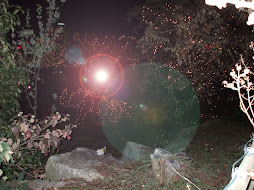



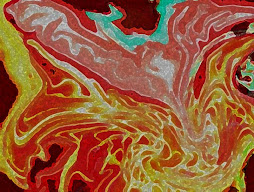






















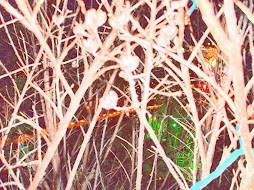




















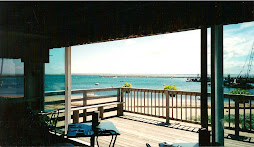
















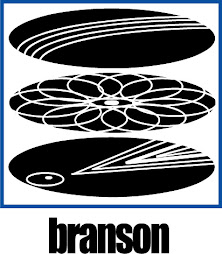








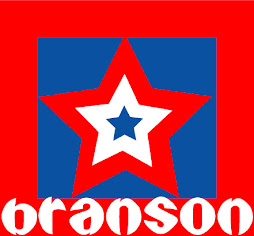




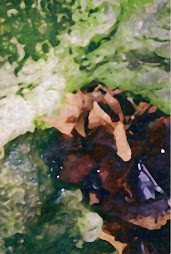






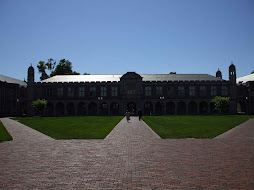








No comments:
Post a Comment